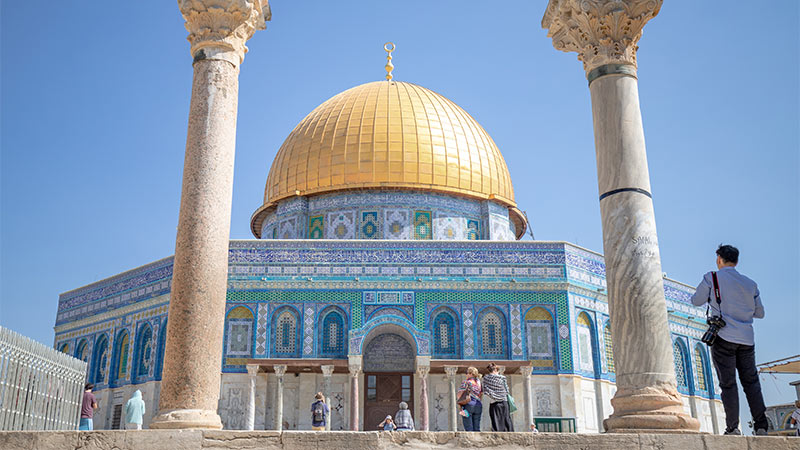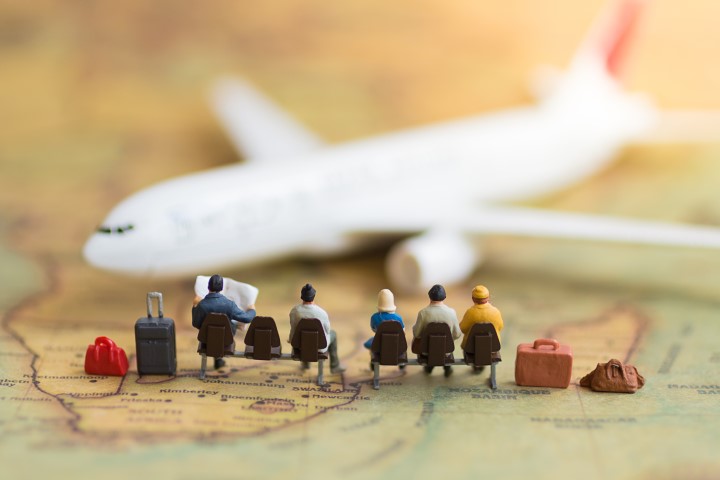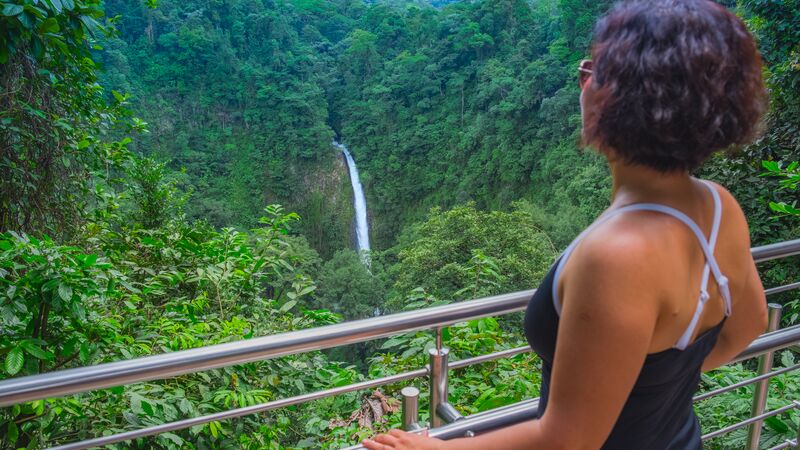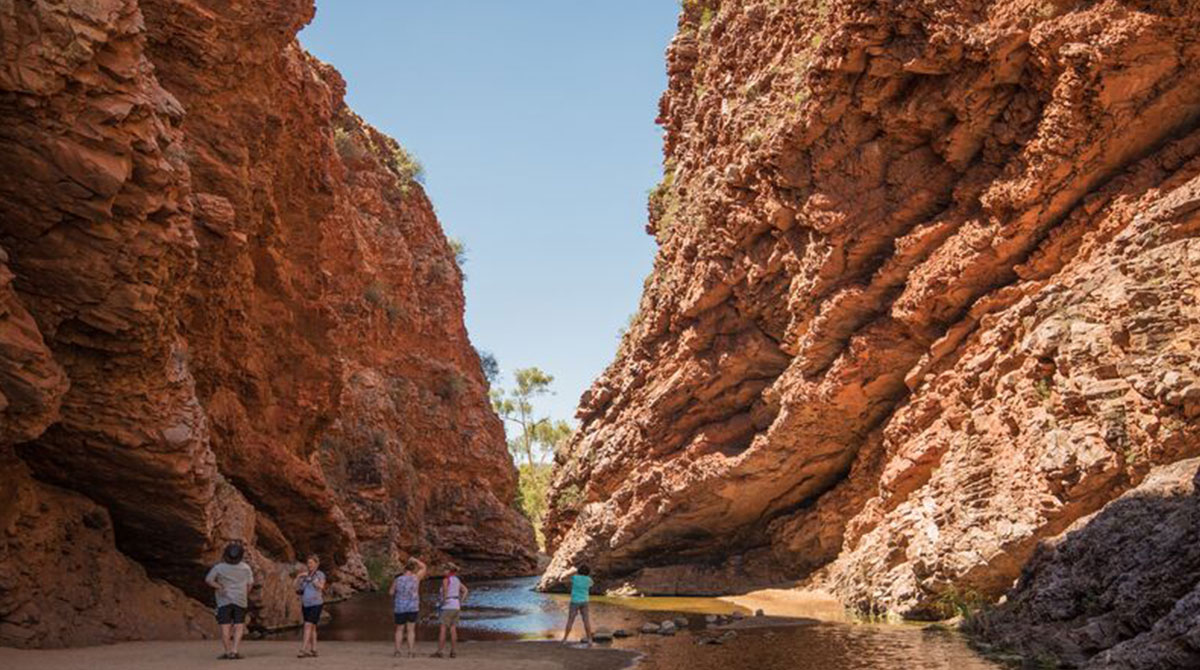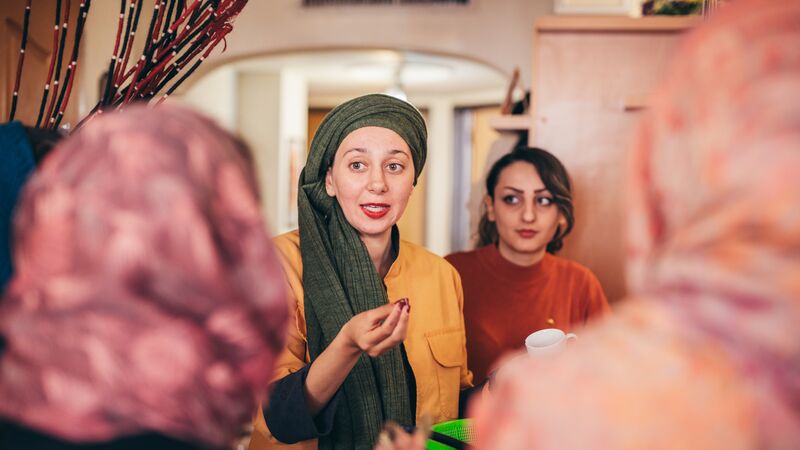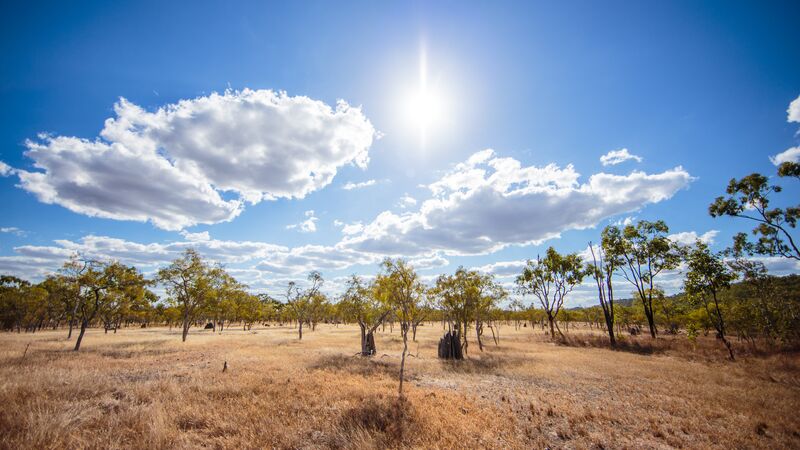From it's perch on the edge of the Mediterranean Sea, there are few countries that have witnessed the ebb and flow of history quite like Israel.
Great dynasties have come and gone, nations have formed and fractured, and while things may look calm on the surface there's always a crackling current of change just below the surface.
To visit Israel on an Intrepid adventure is to step into the pages of the Bible, Quran and Tanakh and feel the weight of history down ever street. Yet at the same time Israel continues to shape contemporary society and the future with its advancements in science, technology and art.
Don't believe us? These fast facts will show you just how complex Israel is.
- Israel is so small that you can run on foot from east to west in two hours, and north to south in nine days, though we recommend taking the bus.
- Brace yourself, history boffins, Israel has more museums per capita than any other country in the world.
- Floating on the Dead Sea is a must-do experience when visiting Israel and the Palestinian Territories. It's the lowest point on earth, at 1,315 feet below sea level at its lowest point. The sea is so salty that there are no detectable living organisms in the water (but there are plenty of travellers floating on the surface).
- Israel is the only liberal democracy in the Middle East and one of three established nations without a codified constitution (the others being Great Britain and New Zealand).
- In Israel you'll find blue and red McDonald restaurants. The red ones serve regular menus and the blue ones feature kosher menus. There are more than 40 kosher McDonalds in Israel.
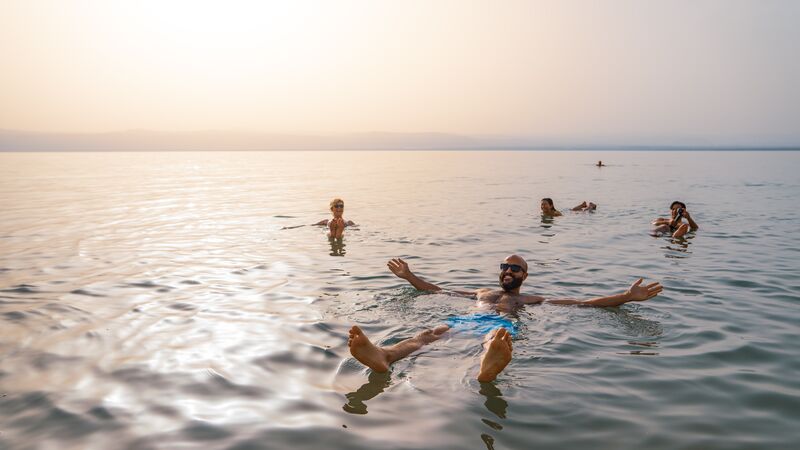
Floating in the Dead Sea. Photo by Ben McNamara.
- In January 2017 a monkey escaped from an Israeli zoo and crossed the border into Lebanon, sparking an international incident. The UN was called in to retrieve the monkey and return it to Israel.
- It was at Motorola's Israel Research and Development centre that Israeli engineers first developed original cell-phone technology. Most of the technology in your mobile phone - including microchips and voicemail - can be traced back to Israel.
- “Jerusalem Syndrome” is a recognised psychological condition, where visitors can become so overwhelmed with the metaphysical significance of the city they develop delusions of divine purpose. Reports include episodes of people becoming convinced they are the reincarnations of King Solomon, Jesus, the Virgin Mary and even horsemen of the apocalypse.
- Israel's Independence Day (Yom Ha'atzmaut) is celebrated on 28 April, but it remains a source of friction with Palestine. Palestinians refer to the same day as ‘The Disaster', referring to the displacement of Palestinians when the Israeli state was founded.
- The city of Acre still holds many secrets from the days of the Templars. The ancient Knights Halls were unearthed by accident when a prisoner attempted to dig his way out of jail. A plumber also discovered the Knights Templar Tunnel in 1994 while carrying out works for a local woman.
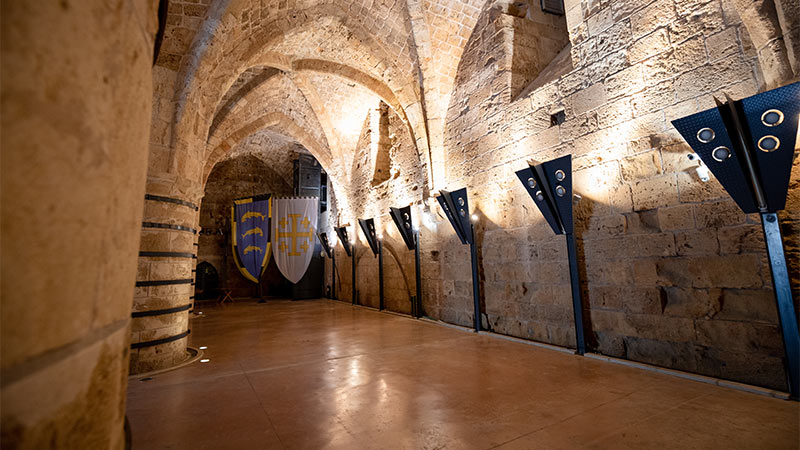
Inside the halls of the Knights Templar in Acre. Photo by Justin Meneguzzi.
- Here's how to tell whether a car is from Israel or Palestine: Israeli license plates are yellow while Palestinian license plates are white.
- Despite being a holy land for Christians, they make up less than 2% of Israel's population. The Holy Church of the Sepulchre is the most important Christian site outside the Vatican City. It marks the place where Jesus was crucified and resurrected.
- Don't visit Israel expecting to get a passport stamp. Neighbouring Arab and Muslim countries have different, and sometimes strict, policies when it comes to admitting travellers whose passports have evidence of visiting Israel. To avoid headaches, Israel gives travellers a pass card on arrival which is then returned on departure.
- Shabbat is an important period of rest in the Jewish community, and is typically spent with family from Friday to Saturday evening. Plan travel days (including border crossings) with Shabbat in mind to avoid queues and delays, and check in with local restaurants and other eateries to see whether they will be open.
- The Judean date palm was brought back from extinction in Israel. A jar containing 2,000 year old seeds was discovered in 1963 and successfully planted in 2005.
- The cap worn by Jewish men is known as a ‘kippa'. It is a reminder that God is constantly above the wearer.
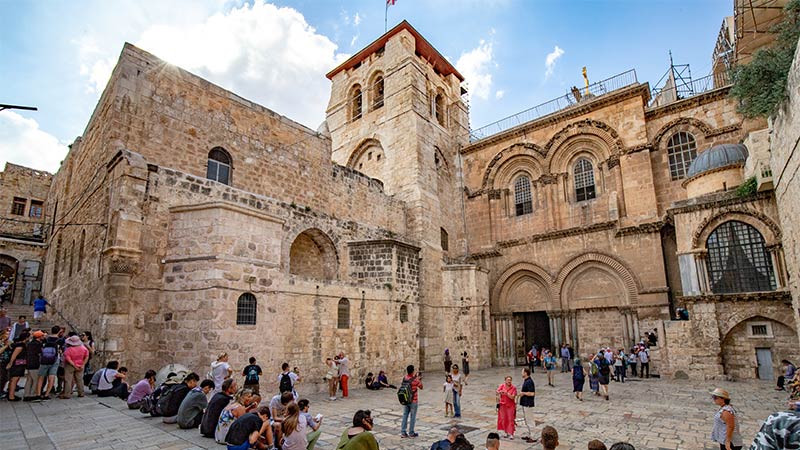
Holy Church of the Sepulchre, Jerusalem. Photo by Justin Meneguzzi.
- ‘Birthright Israel' is a not-for-profit educational organisation that sponsors free 10-day trips to Israel for young adults of Jewish heritage aged 18-32.
- The official languages of Israel are Hebrew and Arabic. Hebrew was considered a dead language for thousands of years before being revived by Israel.
- Thousands of letters from around the world arrive in Jerusalem every year addressed to God. There is a dedicated Letters to God department in the Israeli postal service committed to receiving and processing them.
- After years of conquest and renewal, Jerusalem is one of the world's oldest still-standing cities. At last count, it has been destroyed twice, besieged 23 times, attacked 52 times, and captured and recaptured 44 times!
- World-renowned graffiti artist Banksy opened his own hotel in Bethlehem - called the ‘Walled Off Hotel' - just opposite the wall in the West Bank. Inside you'll find a gallery for independent artists, a museum and lots of Banksy's thought-provoking artwork.
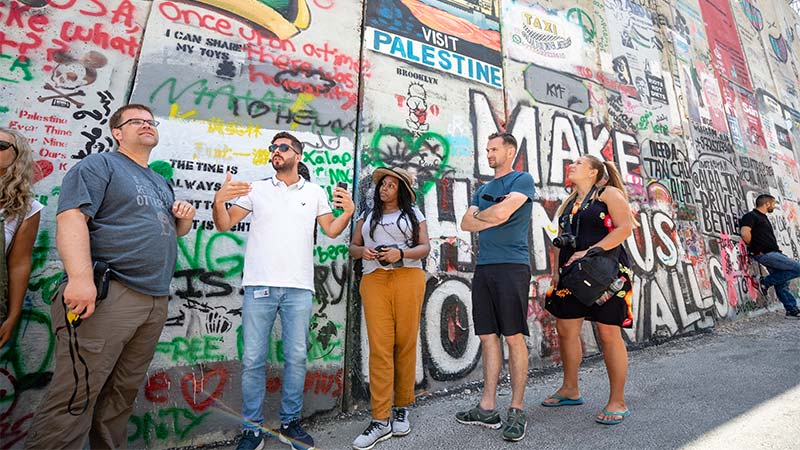
Outside the Walled Off Hotel in Bethlehem. Photo by Justin Meneguzzi.
- In 1952 Albert Einstein was offered the presidency of Israel but he declined.
- Made by combining ground chickpeas and spices, falafel is the most popular dish in Israel and a must-try. Hummus and shawarma are also essential food experiences.
- Buses around Israel display biblical passages and scriptures, reminding passengers to be courteous and generous to their fellow travellers.
- Millions of hand-written notes are crammed between the stones of the West Wall by pilgrims each year. They are cleaned out twice a year, at Passover and Rosh Hashanah, and buried at the nearby Mount of Olives.
- After much discussion, Israeli rabbis, with help from scientists, have concluded giraffe milk is kosher.
- Tel Aviv contains more 1930s Bauhaus-style buildings than any other city in the world, which has earned it UNESCO World Heritage recognition. The Bauhaus Centre offers walking tours visiting some of the best preserved examples of Bauhaus architecture.

